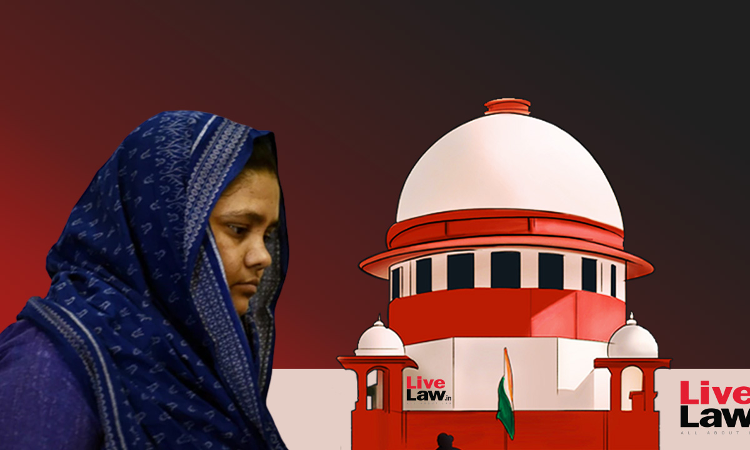Pursuant to the order of the Supreme Court in the petition challenging the order of Gujarat Government allowing premature release of 11 convicts sentenced to life in the Bilkis Bano case for gangrape & murder, asking the petitioners to array the 11 accused as respondents, one of the accused persons has now filed a counter affidavit. On 25th August 2022, while hearing a petition...

